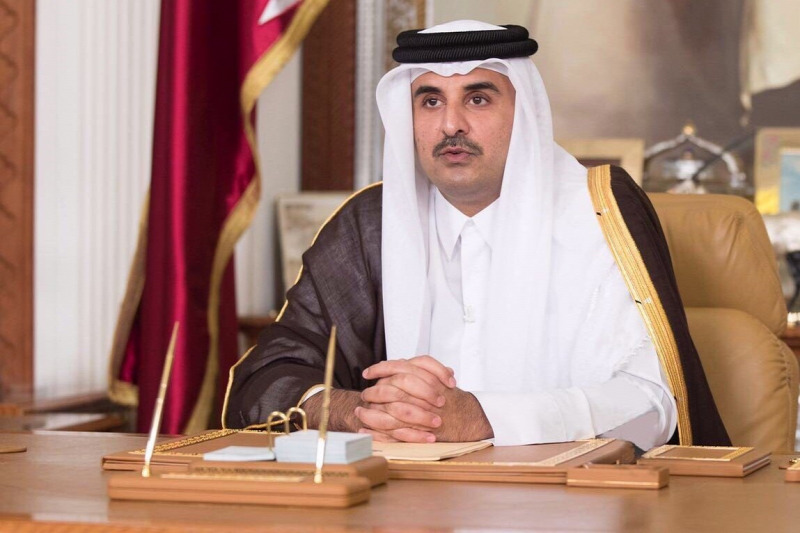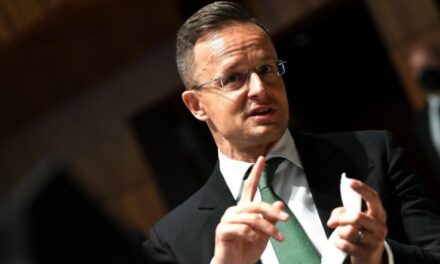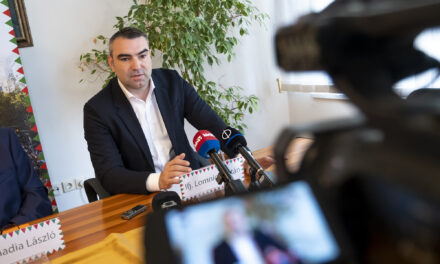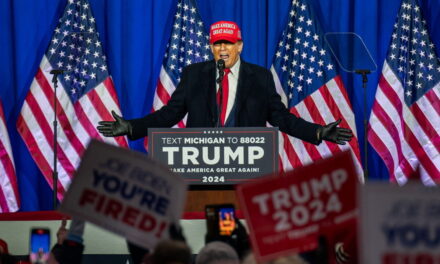Germany and Qatar, one of the world's largest natural gas producers, are entering into a long-term energy partnership agreement, which will contribute to the construction of Germany's "Putin-free" energy supply, the German Minister of Economy and Climate Protection said in Doha on Sunday.
After his meeting with the Emir of Qatar, Hamim bin Hamad Al Sani, Robert Habeck said that he visited the Middle Eastern country to give impetus to the negotiation process that German companies have started with companies there.
According to his words, the visit - during which he met the Minister of Foreign Affairs, the Minister of Economy and the head of the Ministry of Energy in addition to the Emir - was a "great" success. The ruler of the world's leading country in the export of liquefied natural gas (LNG) provides support for cooperation that far exceeds expectations, he said.
The long-term energy partnership is not only about LNG deliveries, but also about the development of the exploitation of renewable energy sources and energy efficiency, the politician of the Greens pointed out, noting that even though Qatar has mainly relied on natural gas until now, it is preparing for changes.
Robert Habeck recently discussed with Norwegian and Canadian officials how Germany could replace Russian natural gas, which accounts for 55 percent of its consumption, and he is traveling from Qatar to the United Arab Emirates, where he is also discussing energy issues.
In a statement quoted on the news portal of the German business newspaper Handelsblatt, he emphasized that "we may still need Russian gas this year, but not in the future" and that this transformation "is just beginning".
Regarding the fact that Qatar - which, according to the latest 2020 data, is the sixth largest producer of natural gas with 167 billion cubic meters per year - is not one of the Western-type liberal democracies, and is widely criticized worldwide, among other things, for the foreign investment in preparations for the summer soccer World Cup because of the methods used against workers, Robert Habeck underlined in a Sunday newspaper interview that energy cooperation cannot be limited to democracies if Germany wants to cover its energy needs.
In an interview published in the Frankfurter Allgemeine Sonntagszeitung on Sunday - timed for the visit to the Middle East - he said that many member states of the Organization of the Petroleum Exporting Countries (OPEC) are "problematic", but they cannot be equated.
It is impossible to exclude all such countries from energy suppliers, and "there is a difference between a human rights-problematic, non-democratic country and an authoritarian state that is waging an offensive war on our doorstep in violation of international law," said the German economy minister with the Russian invasion of Ukraine in connection.
In Germany, the share of Russian imports is significant not only in natural gas consumption. This ratio is 50 percent for coal and 35 percent for crude oil. Since the beginning of the Kremlin's aggression against Ukraine, the leadership in Berlin has been working very intensively to replace Russian energy carriers. According to the hopes of the Ministry of Economy, the country can become independent of Russian coal by the fall, and by the end of the year, its dependence on Russian crude oil can be almost completely eliminated.
MTI
PHOTO: 2017 ANADOLU AGENCY/QATAR EMIRATE COUNCIL













